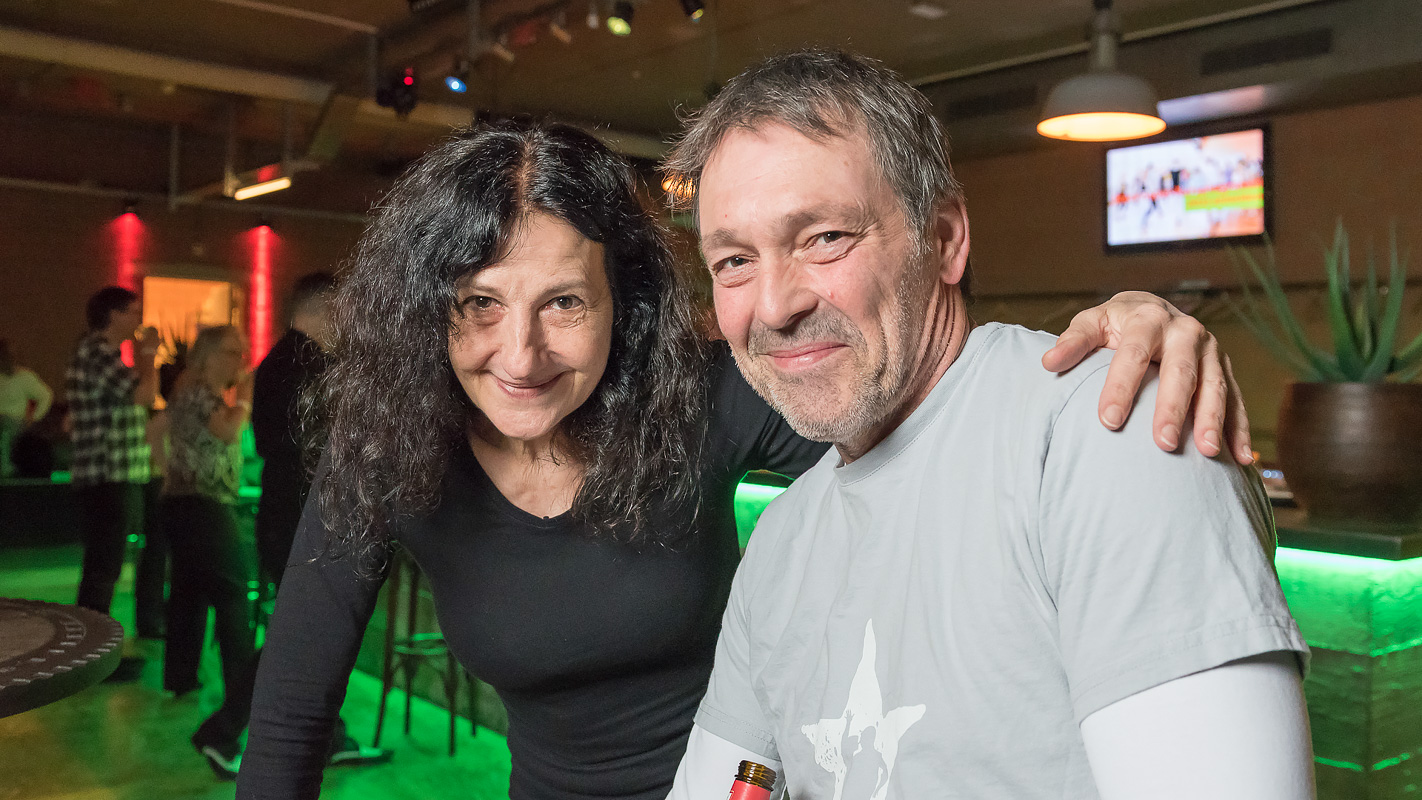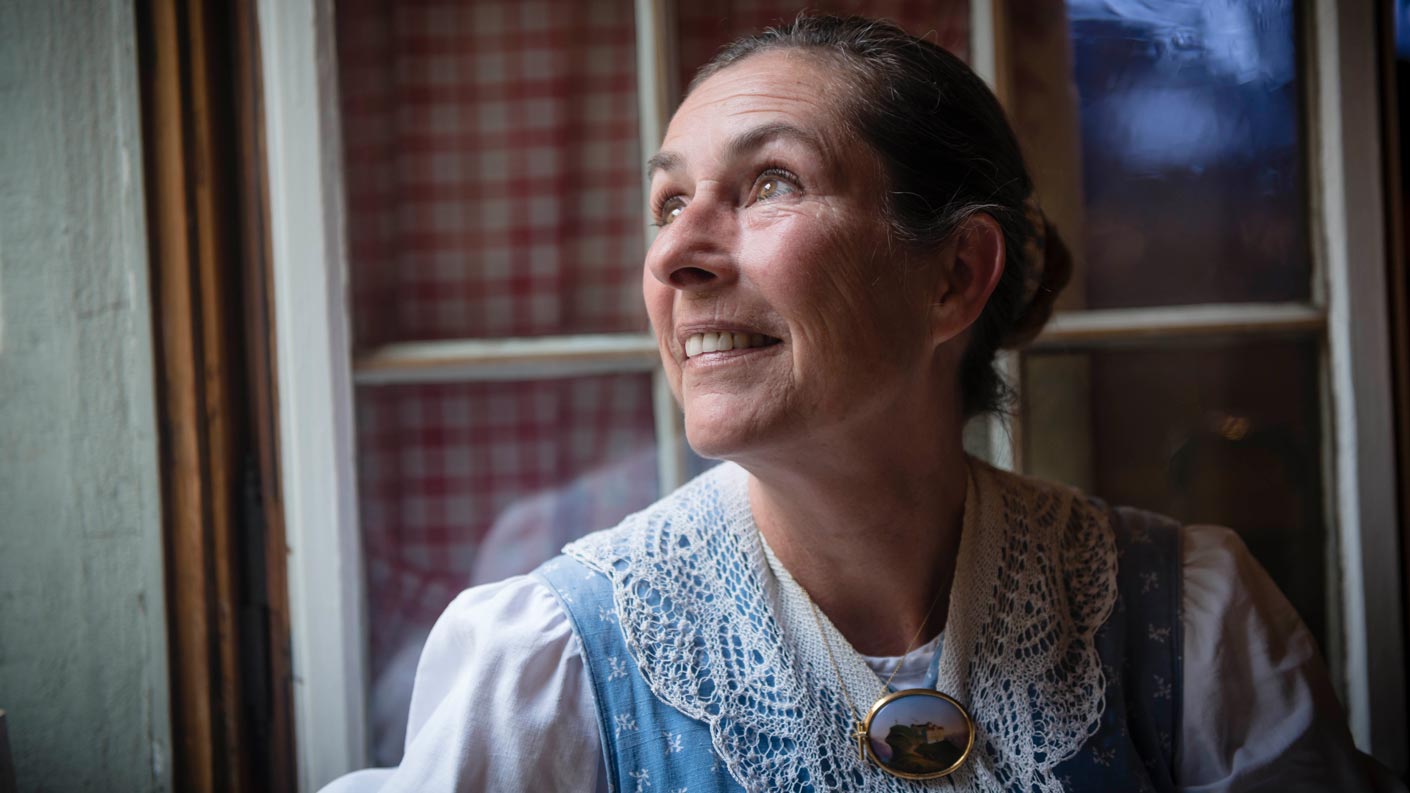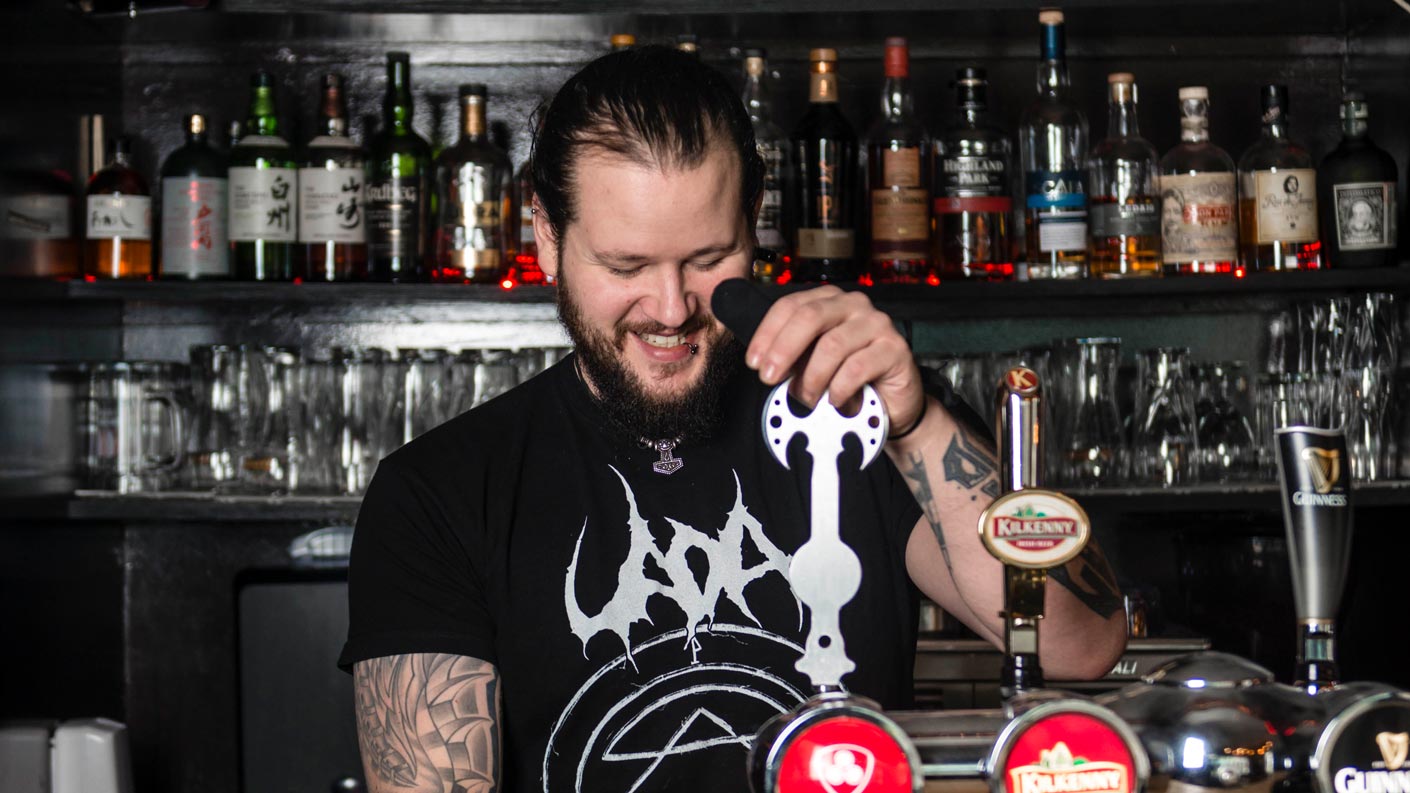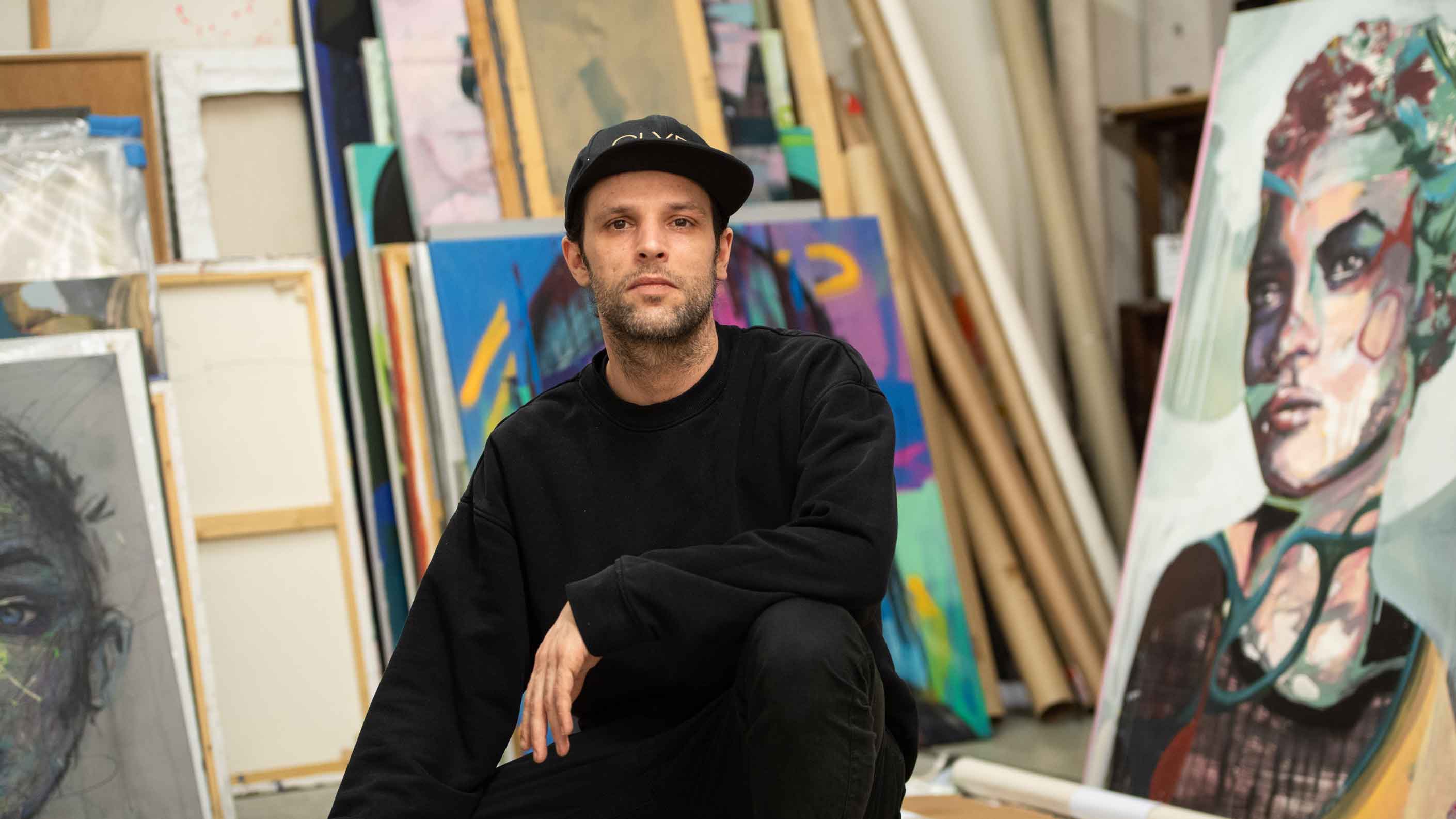‘Art doesn’t hurt at all’
The latest Escape Room in Zurich is aimed at millennials who find museums boring. Its co-creators Sandra Bickel and Andreas Geis tell us more.
In escape rooms, it’s the narrative that always takes centre stage. So what’s yours?
Andreas: It’s about a museum that isn’t quite as lifeless as it first appears. Things happen that the players only see when they really study the pictures. Then they suddenly find themselves in the middle of the narrative.
But what if I haven’t studied art? Can I still escape?
Andreas: If you don’t interpret the pictures correctly, you’ll be stuck in our Escape Room forever. No, don’t worry! It’s all about exploring and identifying what is actually in the pictures.
‘In particular, we needed to find new ways of attracting young men because they rarely set foot in museums.’
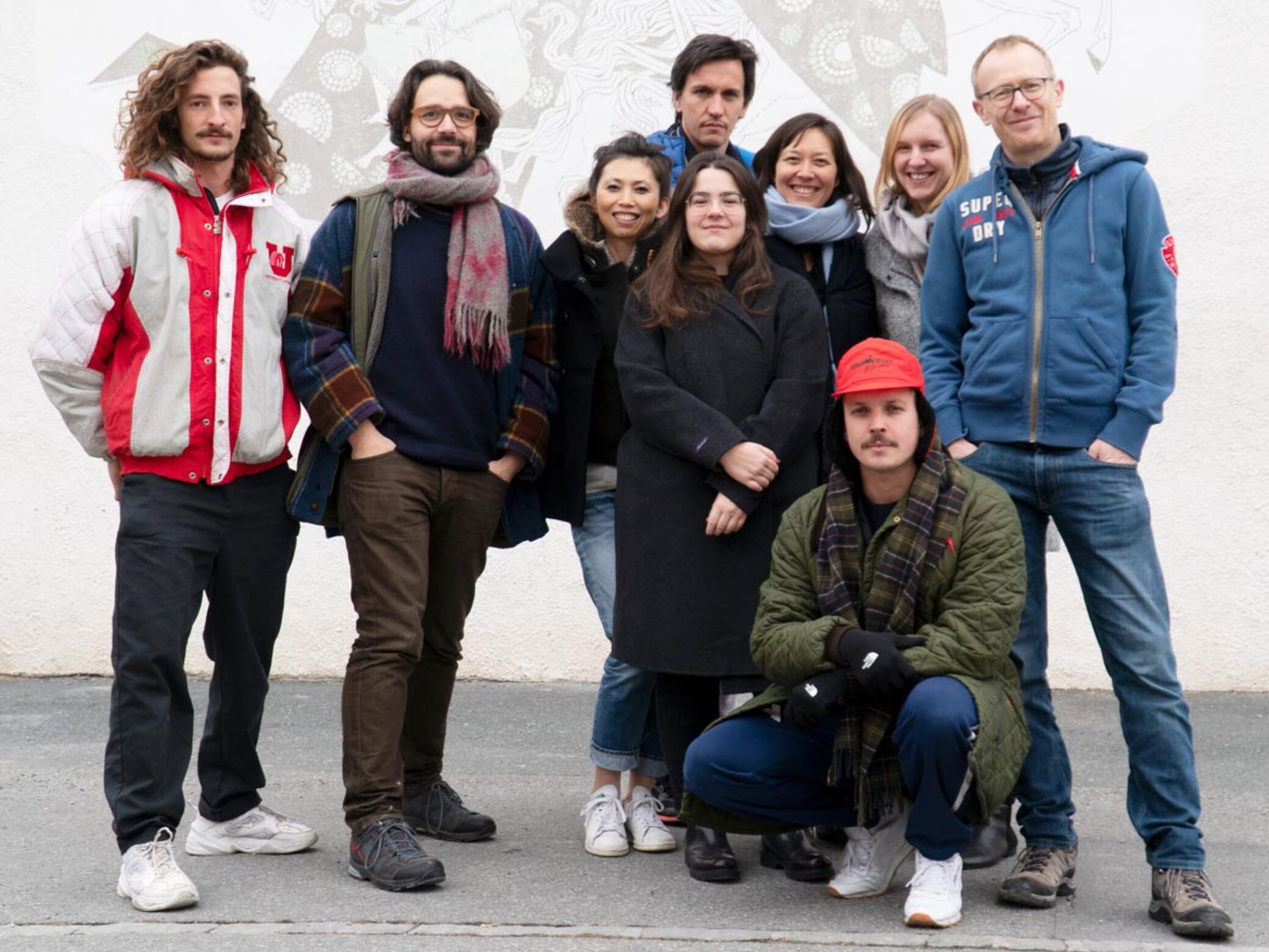
Andreas Geis (second from left) and Sandra Bickel (second from right) with the team
Your background is in museum consultancy, so how did you end up designing an escape room?
Sandra: We discovered that most museums have very little idea what their visitors and prospective visitors actually want. So two years ago, with the help of Migros, we decided to find out what millennials find interesting about museums – and vice versa.
And?
Sandra: When we talked to millennials, we quickly realised that they are actually very interested in culture and museums in general, but it’s the ‘packaging’ that they often find unappealing.
Andreas: In particular, we needed to find new ways of attracting young men because they rarely set foot in museums.
Sandra: So we asked ourselves: what do male millennials like doing in their free time? The answer is hanging out with their friends, and all kinds of games and challenges.
‘You certainly feel that you’re in an unusual situation and you get to know the rest of your team pretty well.’
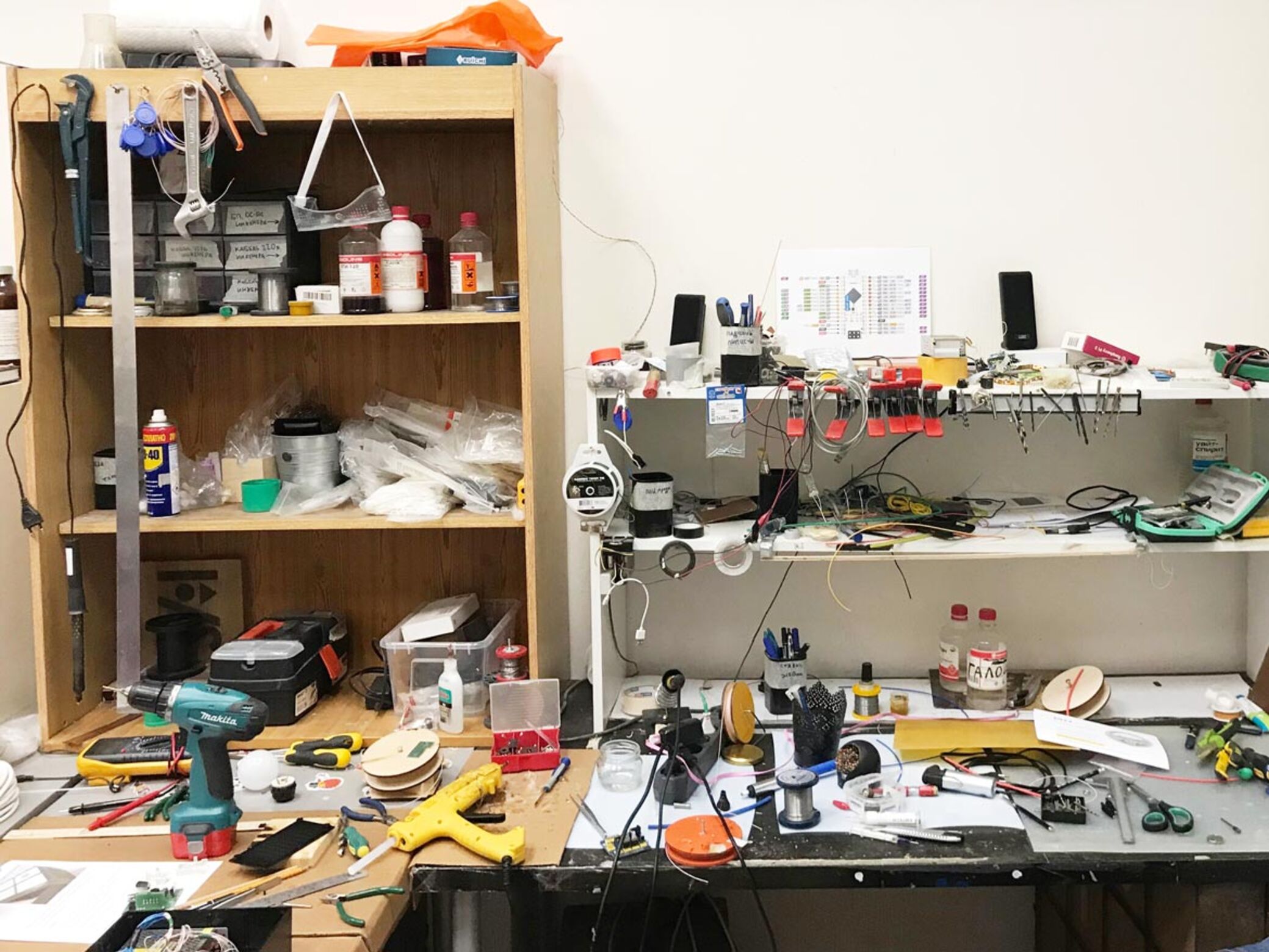

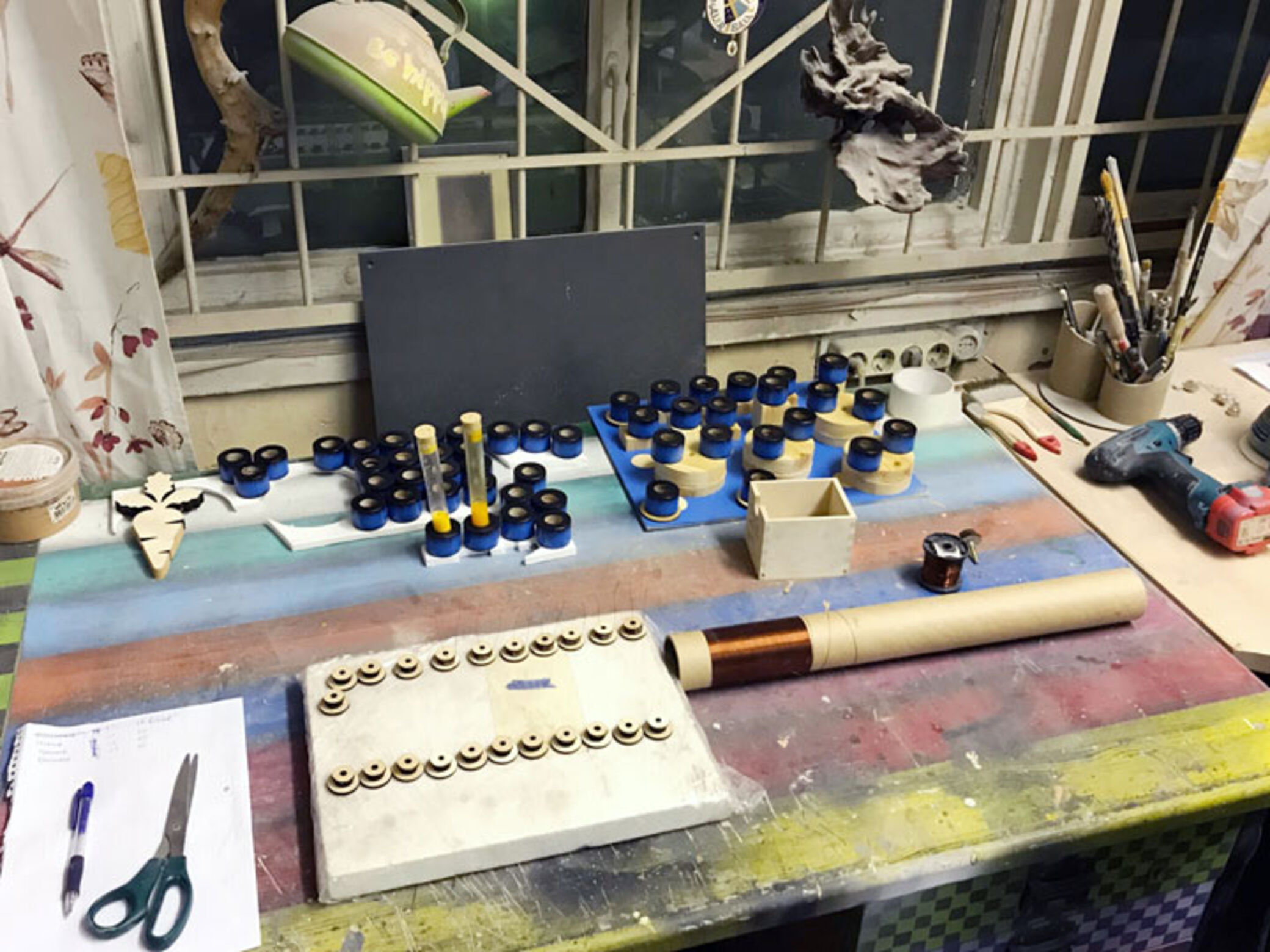
And that’s how you came up with the idea of an escape room?
Sandra: Yes. Our research revealed that museums in the US and UK already had escape rooms. Then we came across a Canadian professor of game design called Scott Nicholson. He has carried out research into how games can improve the way information is communicated. He helped us to set up the escape room, along with designers Trix and Robert Haussmann.
Andreas: We wanted to try out the concept, so one weekend we played five escape rooms as a team. It was all new to me, but I immediately recognised its potential. Where else can you immerse yourself totally in a world – not just mentally, but physically by touching and exploring everything?
Five in one weekend? That must have been hard work?
Sandra: Not really, but you certainly feel that you’re in an unusual situation and you get to know the rest of your team pretty well.
Andreas: Ah, now all the personal stuff is coming out! Just kidding, our team spirit was very good. It’s different when you’re doing it for research purposes.
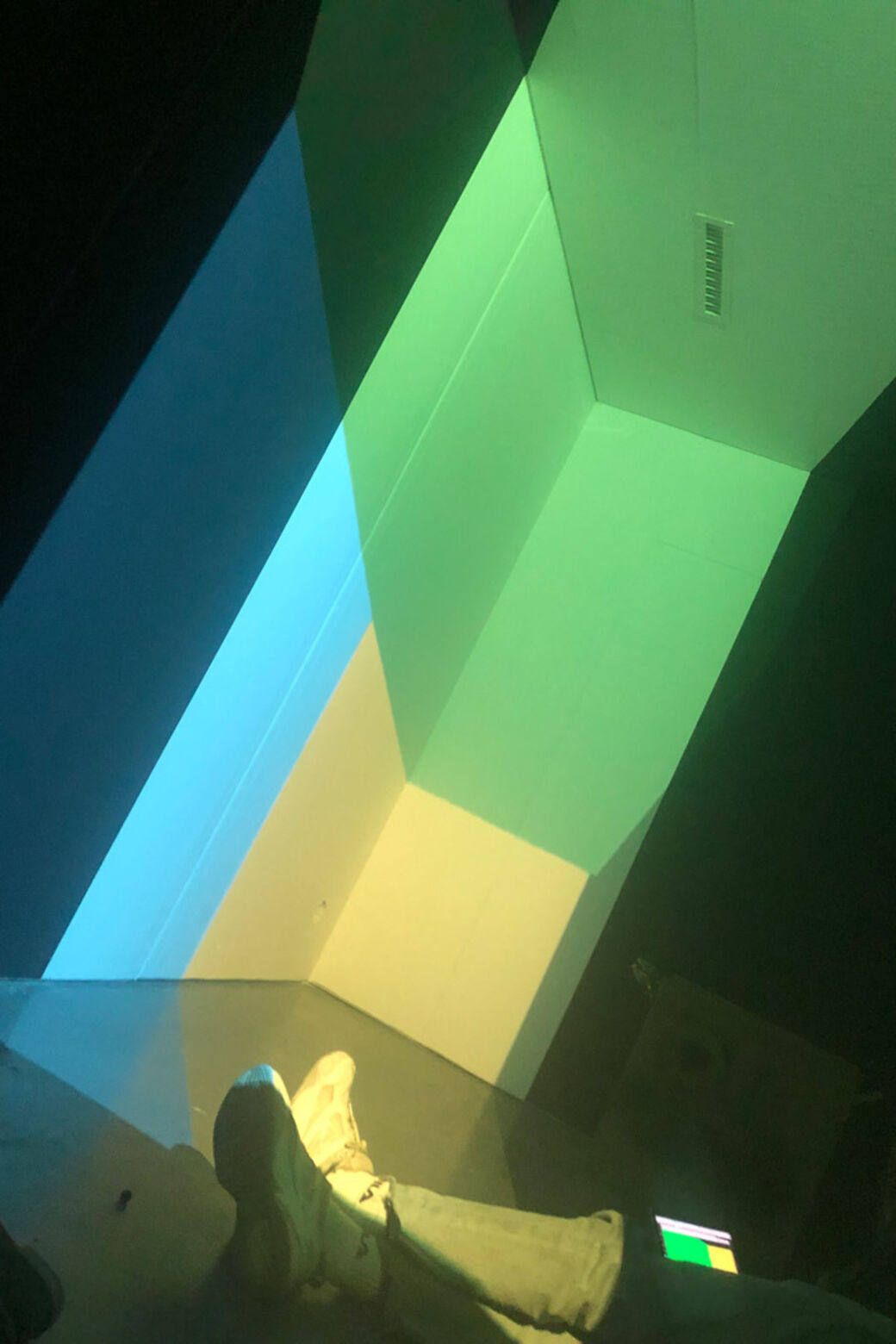
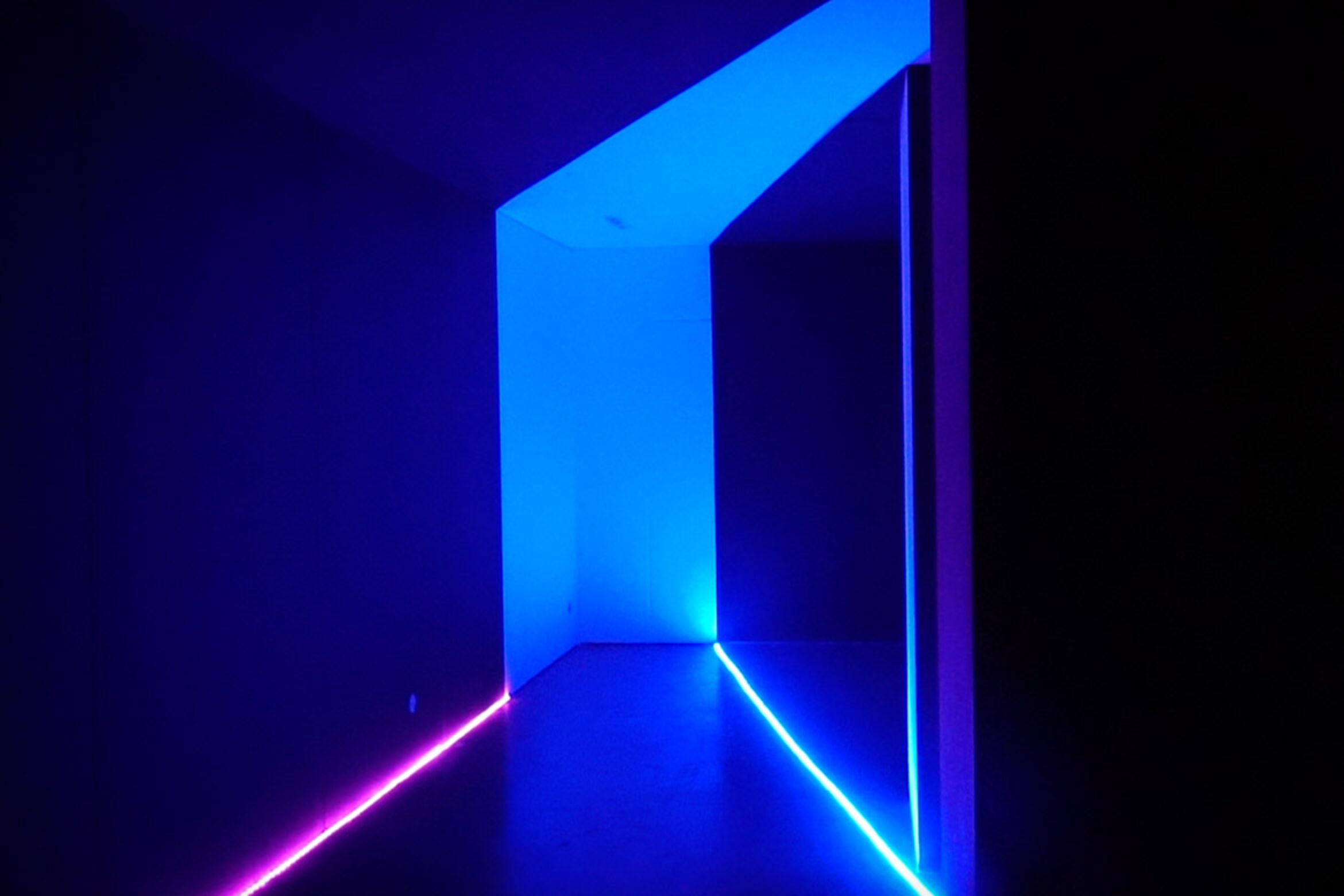
How do you respond to millennials who say: ‘Art? Not interested!’
Sandra: We find everyone can be inspired by artistic principles – trying out new things, questioning, boldly going your own way but being allowed to fail once in a while.
Andreas: Exactly, these are also useful lessons for real life. And many of them who have come into contact with art for the first time say: Hey, it doesn’t hurt at all. In our amuze unlocked escape room, art is actually fun!
